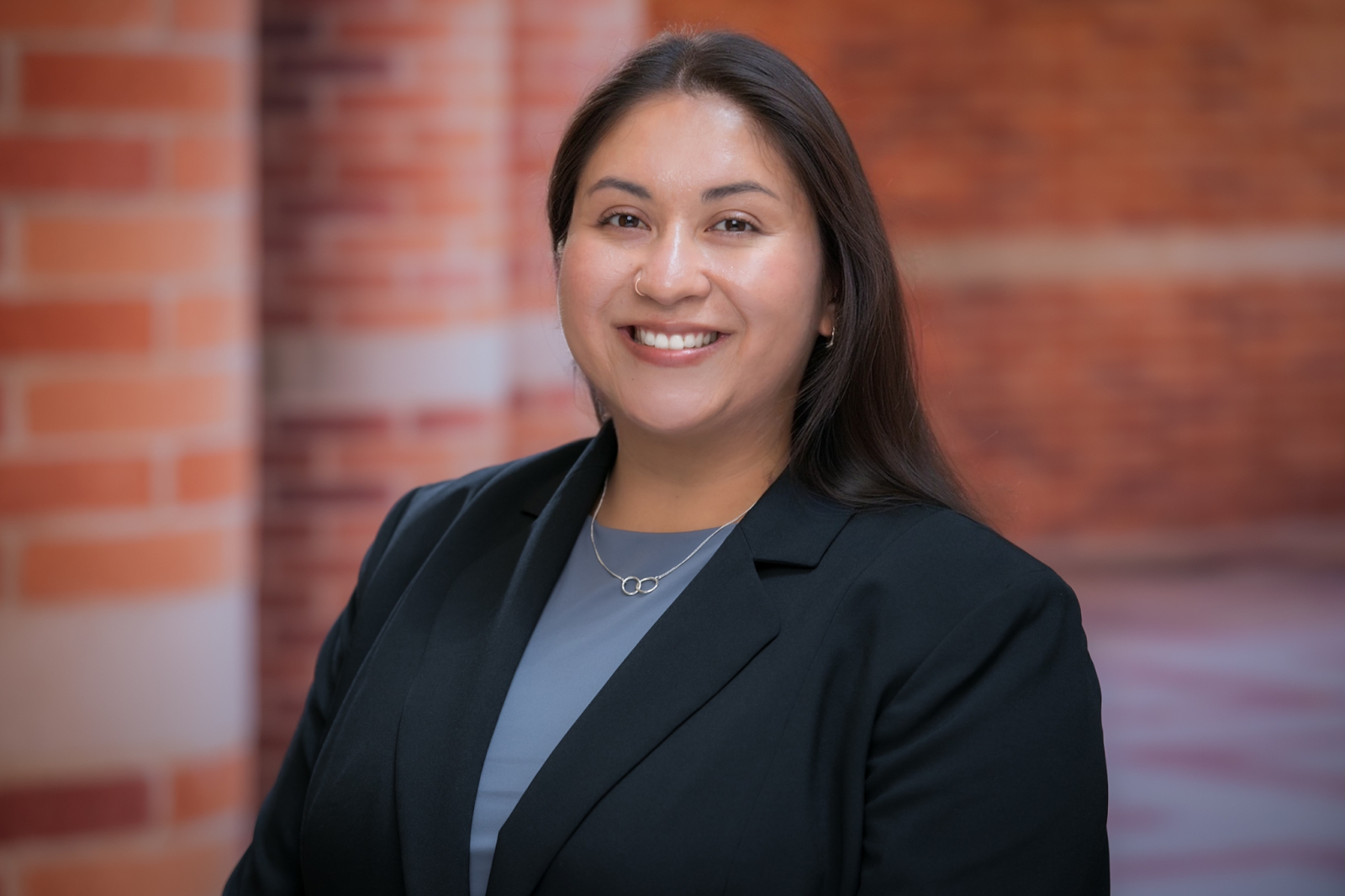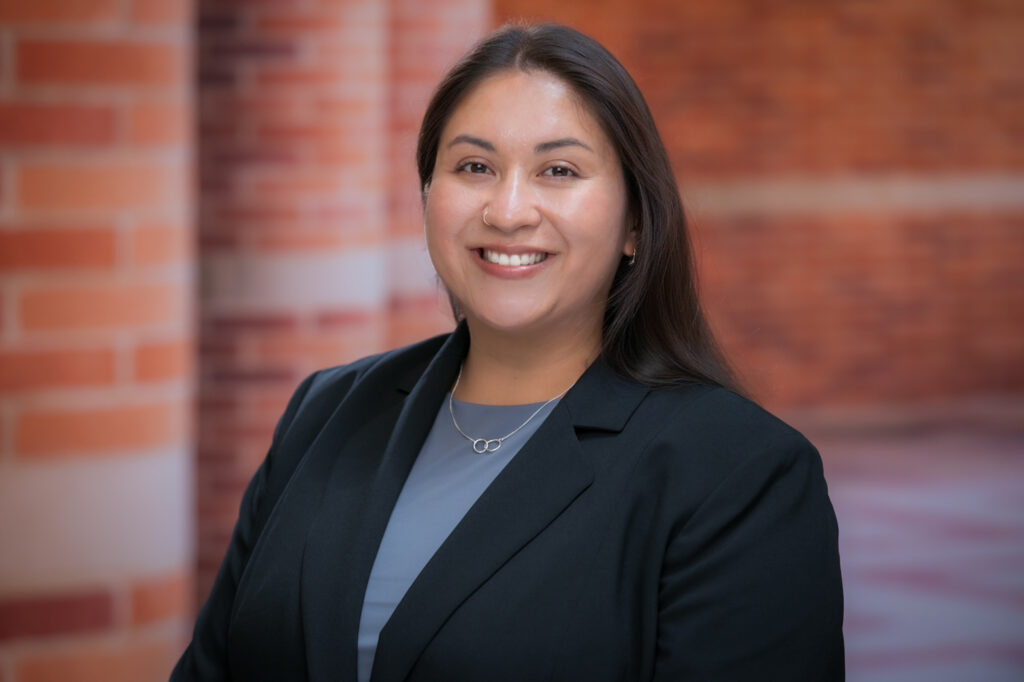First Year Perspectives: High School Teacher to MBA – Transferable Skills from a Non-Traditional Business Background


About Brianna: A Southern California native, Brianna grew up in Ventura County, CA before attending the University of Arizona where she majored in Political Science (Law & Public Policy) with a minor in Business Administration. An Education Policy class uncovered her passion for education equity so she joined Teach for America’s Chicago corps upon graduation where she spent 2 years as a preschool teacher at a bilingual school and then transitioned to high school as both a teacher and college counselor. She is passionate about working with diverse teams, driving social impact, and bringing her unique perspective as an educator into the corporate landscape. She will be a Summer Associate at Deloitte’s Los Angeles office this summer and long-term hopes to work in the government and non-profit sector as a management consultant.
The journey from high school teacher to MBA candidate might seem like a daunting transition, but educators possess a wealth of transferable skills and perspectives that are highly sought after and useful in business school and beyond. As a teacher considering this transition, you might feel apprehensive about how you will fit into the MBA ecosystem but I have found that this unique background has been a significant asset not only when applying to business school but also when applying for internships. Being able to change my perspective from feeling pigeonholed by my career to knowing I have a memorable and distinctive brand transition from being a teacher to an MBA student and leader at Anderson.
MBA programs actively seek candidates with diverse experiences to enrich classroom discussions, foster innovation, and to create balanced learning teams. A formative part of your first-year MBA experience is working with your learning team (comprised of 5-6 students) to complete a majority of your assignments during core classes. I have realized that while I did not come equipped with the most technical or analytical skills, I am able to not only lean on my learning teammate but also learn from them and contribute a more qualitative or human-centered perspective. My strengths as a speaker and storyteller have been pivotal as we analyze business cases and give presentations in class. Being able to clearly summarize information and confidently communicate findings is a difficult skill to learn and teachers can really capitalize on this in classes, networking events, and interviews.
Project management is another area where teachers excel. Developing curricula, planning lessons, and organizing school events require strong organizational and execution skills. These abilities are directly applicable to group assignments, case competitions, and business projects where planning, execution, and reflection are key components of success. As a teacher, backwards planning and long-term planning come naturally to me and I am able to come at a project from a high level project without getting too bogged down by the details.
As educators, we are used to being pulled in a million different directions at once while balancing planning, instruction, student conflicts, parent meetings, administration expectations, leading extracurriculars, and more. I have found that this ability to manage my time extremely effectively and to pivot between priorities on a moment’s notice have been most useful during business school. Not only have I been able to manage my school work well, but I have also been able to organize my time well enough to dive into student clubs and leadership positions without too many growing pains. My perspective from the educator standpoint has also made me more adaptable or amenable when dealing with the administrative structures of Section and club leadership. Teachers understand the intricacies and sometimes frustrations that come when working through academic bureaucracy and are able to navigate it in stride. I feel most “in my zone” at business school when I am working as a club leader to make our experience as Anderson as positive as possible on an academic, professional, and personal level. Likewise, my experience in navigating student conflict and emotions are not only useful for the involved social scene that accompanies pursuing an MBA along with the academic and professional teamwork. On the social and networking front, people are always interested to hear my hundreds of funny teaching stories. Being roasted by teenagers has truly made me who I am!
When applying to MBA programs, it’s important to reframe your teaching experience and transferable skills in business terms. I found this difficult at first as I was unaware of the language needed to translate my experience into more business terms but once I worked with current MBA students to revamp my resume, I began to put together a bank of phrases and words I could use to describe my career history in a way that was less education-specific. It took a lot of self reflection and digging, but being able to quantify my impact on student performance and outcomes (ex: 85% of students I counseled attended college or a 0.5 increase in student GPA) became essential to putting together a consistent narrative for business school applications and internship recruiting. Don’t downgrade your expertise! I highlighted experiences like planning Prom for my seniors and leading student trips to Ecuador and Costa Rica. Showcasing my program management, problem solving, team leading, and conflict navigation skills allowed me to gain acceptance to business schools and to successfully go through early recruiting. I am oftentimes referred to as “the teacher” and I could not be more proud of my experience and the personal brand I have!
You might worry about your lack of traditional business experience, but MBA programs, especially Anderson, value the diverse perspectives that “non-traditional” candidates bring. Be prepared to articulate how your teaching background has prepared you for business challenges and how an MBA aligns with your career goals. Remember, diversity in thought and experience drives innovation in business. Embrace your unique experiences and the skills you’ve developed in the classroom. They will not only set you apart in your MBA application but also contribute to your success in your future business career.
- Student Blogger: Brianna Rodriguez ‘26
- Undergrad: University of Arizona ‘16
- Pre-MBA: College Counselor and Teacher at Pritzker College Prep (Chicago)
- Leadership@Anderson: Consortium Fellow; Director of Yield & Special Projects, Admissions Ambassador Corps; Section B President; Executive Director, Alliance for Latinx Management at Anderson; Consultant, Anderson Strategy Group; Mentor Coordinator, Riordan Scholars; Director of Impact Consulting, Net Impact; Director of Paso Robles, Wine Club
- LinkedIn: linkedin.com/in/byrod/
- Instagam: @briannaynez






